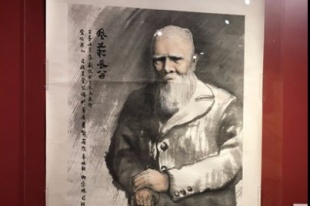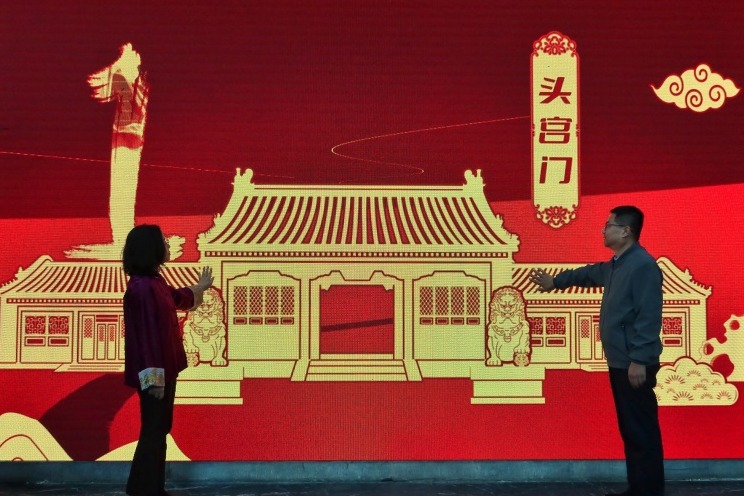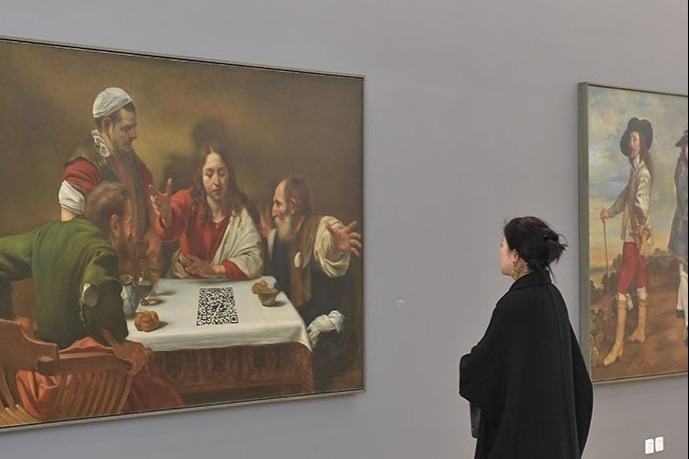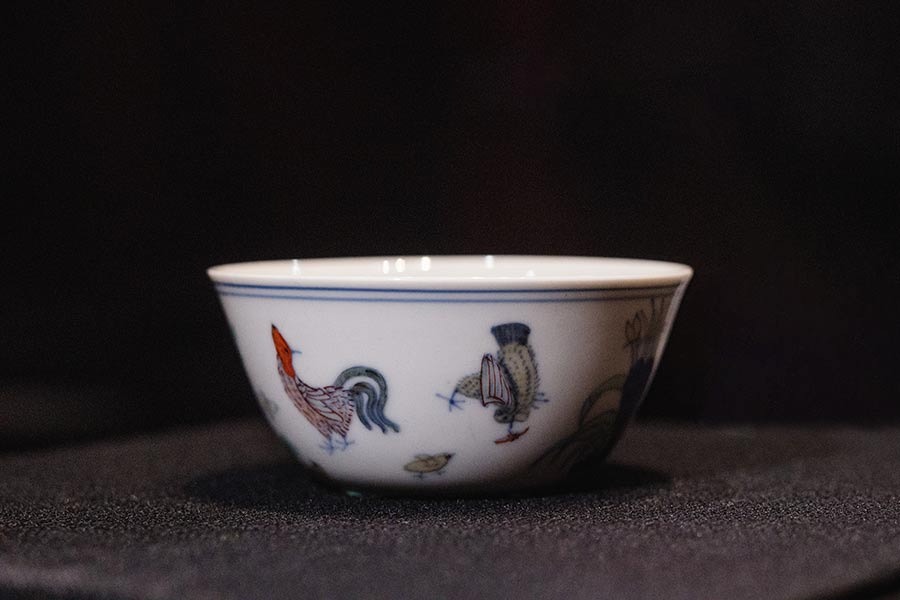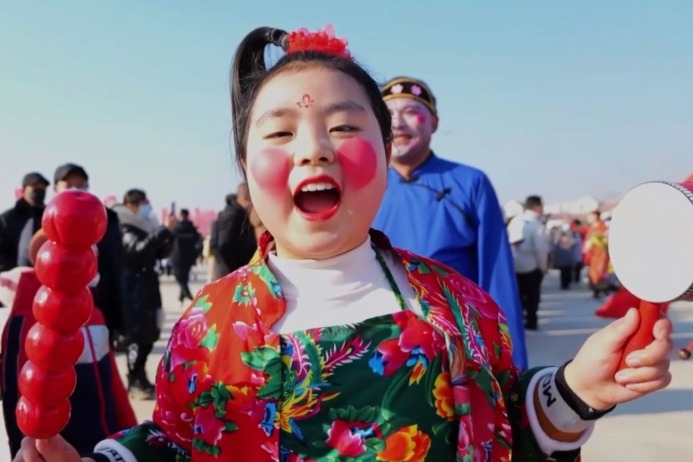A visual tribute to an overseas Chinese legend

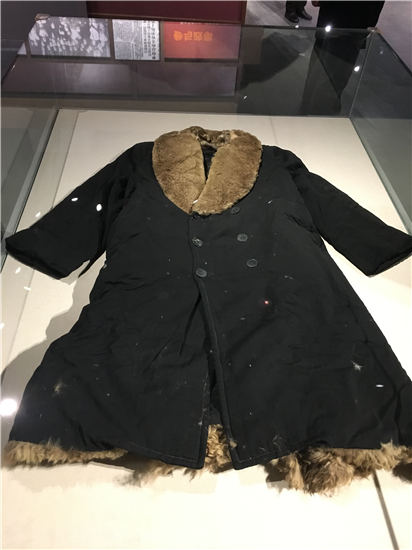
Situ arrived in San Francisco at the age of 12 looking for job.
And describing his early years, Situ Yuegui, his grand-daughter, says: "He was insulted by white hooligans immediately after landing. Discrimination against Chinese immigrants was common at that time."
Then, from working at a restaurant, he became a butler, and later a chef in the US Navy, which gave him a chance to make friends with people from different social strata.
Besides, he joined Chee Kong Tong, the biggest organization bringing together overseas Chinese communities, which was also leading an anti-Qing campaign.
In 1904, Situ met revolutionary leader Sun Yat-sen.
Sun lived with Situ when he was in San Francisco.
Later, when Sun could not make ends meet after failed uprisings against the Qing in 1911, Situ mortgaged four Chee Kong Tong properties in Canada to sponsor him.
Situ moved to New York City in 1905, and Franklin Roosevelt, then a young lawyer, was hired as his consultant.
"Roosevelt was a legal consultant for my grandfather for about a decade, and they had a close friendship at that time," says Situ Yuegui.
"Perhaps that explains why president Roosevelt actively campaigned to abolish the Chinese Exclusion Law in 1943."
In 1925, the Chee Kong Tong became the China Zhi Gong Party, and its headquarters was moved from San Francisco to Hong Kong.
Situ served as the head of the party branch in the Americas.
The Zhi Gong Party is now one of the eight non-Communist parties on the Chinese mainland. It's mainly composed of overseas Chinese returning to the motherland.


